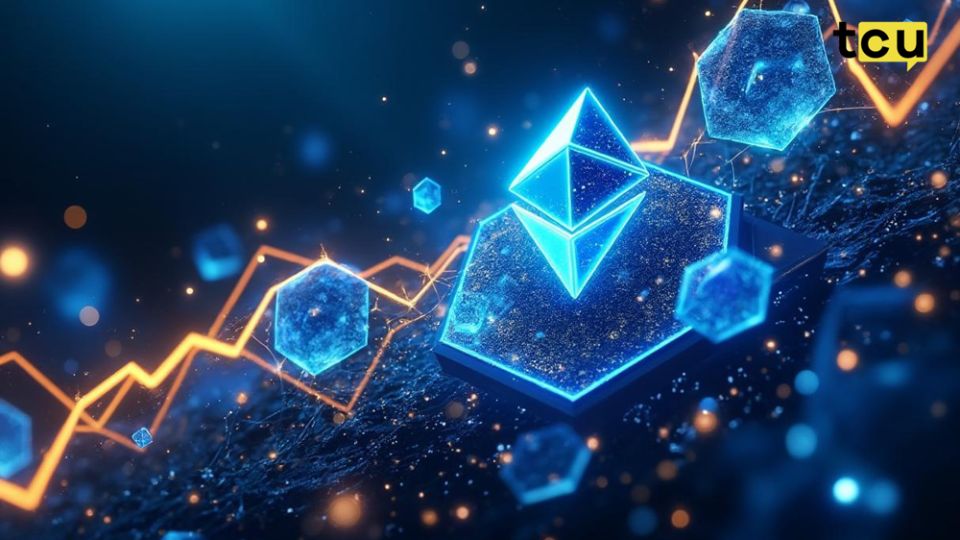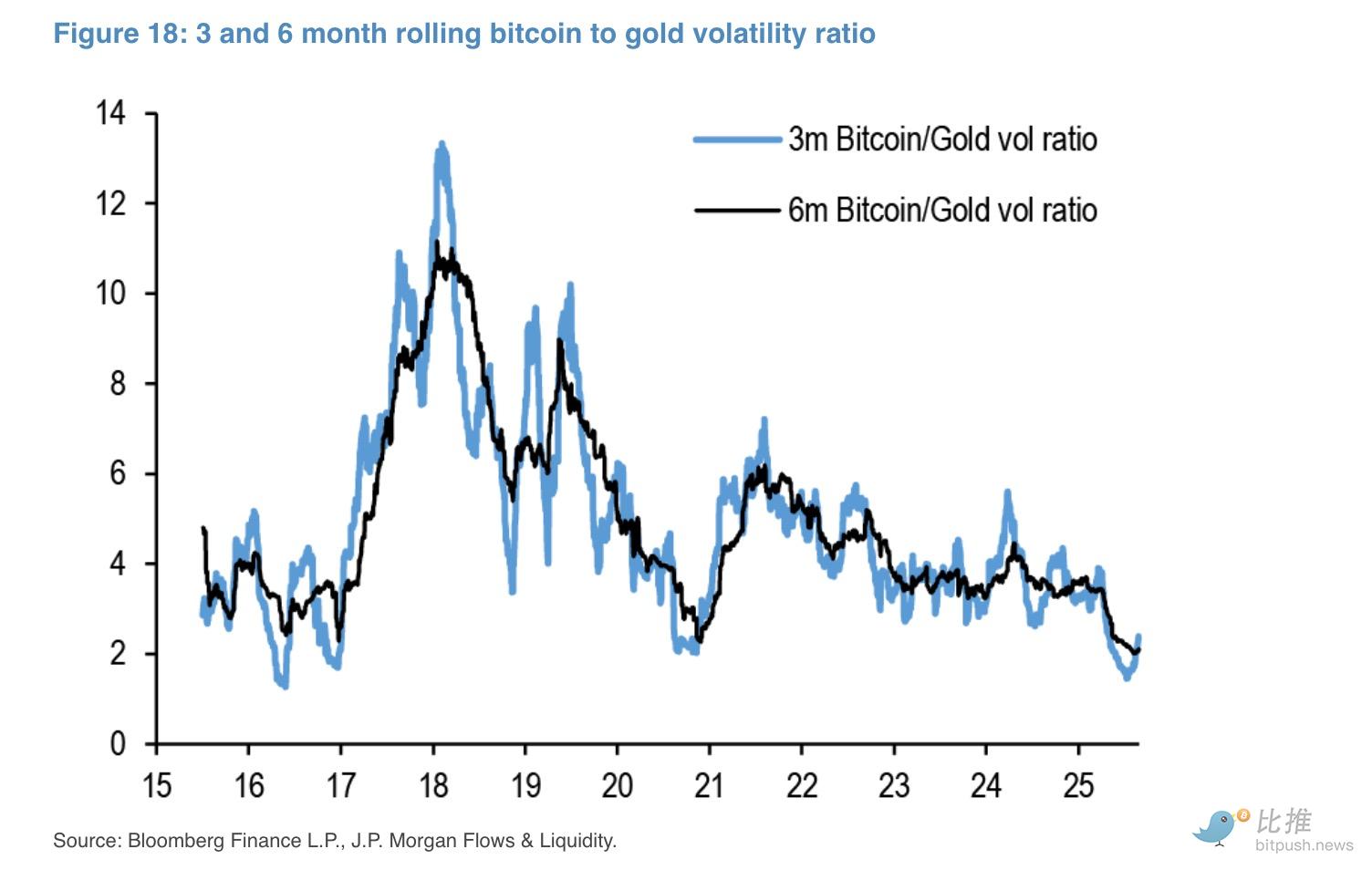Google Cloud's Python-Powered Blockchain Aims to Reshape Financial Infrastructure
- Google Cloud launches GCUL, a Layer-1 blockchain offering "credibly neutral" infrastructure for financial institutions to enable asset tokenization and wholesale payments. - Pilot with CME Group demonstrates GCUL's potential for 24/7 trading environments, with broader trials planned before 2026 launch. - GCUL differentiates via Python-based smart contracts, lowering entry barriers for institutions already using Python in finance and data science. - Permissioned design with KYC-compliant accounts ensures
Google Cloud is advancing its blockchain ambitions with the launch of the Google Cloud Universal Ledger (GCUL), a Layer-1 blockchain designed to serve as a “credibly neutral” infrastructure for financial institutions . The platform, unveiled in March 2025 through a pilot with CME Group , is intended to facilitate tokenization of assets and wholesale payments, aiming to compete directly with blockchain initiatives from Stripe and Circle [2]. Unlike these platforms, which are closely tied to their respective businesses, GCUL is positioned as a vendor-agnostic solution accessible to any institution, including exchanges, banks, and payment providers [3].
The pilot with CME Group, the world's largest derivatives marketplace, demonstrated GCUL’s practical application in financial infrastructure. The two organizations announced in March that they had completed the first phase of integration and testing, with broader market trials expected before the platform’s anticipated 2026 launch [2]. CME Group described the technology as a potential breakthrough for collateral, settlement, and fee payments, particularly in the context of 24/7 trading environments [5]. Google Cloud emphasized that GCUL is built with compliance-first design, incorporating KYC-verified accounts and leveraging the security and scalability of its existing cloud infrastructure [2].
A key differentiator for GCUL is its support for Python-based smart contracts. This design choice lowers the barrier to entry for institutions and developers already familiar with Python, which is widely used in finance, machine learning, and enterprise software development. By enabling developers to build in Python, Google Cloud aims to streamline the adoption of blockchain solutions for financial institutions that do not typically work with niche languages like Solidity or Rust [2]. The decision aligns with the practical needs of financial institutions, many of which rely on Python for quantitative analysis, financial engineering, and data science [4].
GCUL operates as a permissioned blockchain, meaning only verified entities with KYC-compliant accounts can participate. This approach aligns with the regulatory expectations of traditional financial institutions and differentiates GCUL from public blockchains like Ethereum or Solana , which are open to anyone [2]. The permissioned model also ensures predictable transaction costs, as users pay stable monthly fees rather than fluctuating gas prices [2]. This feature is particularly appealing to large institutions that require cost predictability when scaling blockchain-based workflows.
Google Cloud positions GCUL as a response to the increasing demand for neutral infrastructure in financial services. In contrast to Stripe’s Tempo, which is tightly integrated with its existing merchant ecosystem, or Circle’s Arc, which centers on its stablecoin USDC , GCUL offers a more open framework [3]. The platform’s neutrality is seen as a strategic advantage, potentially attracting institutions that may otherwise avoid building on rival platforms. Google Cloud’s Web3 strategy head, Rich Widmann, emphasized this point, noting that GCUL removes the conflict of interest that might prevent financial institutions from using competing chains [4].
As GCUL moves toward broader market adoption, Google Cloud plans to release more technical details in the coming months. The timeline for full deployment remains focused on 2026, with broader industry testing expected by late 2025 [4]. The company’s approach is centered on institutional readiness, regulatory alignment, and functional integration, rather than rapid public deployment. This strategy reflects the cautious but deliberate pace typical of large-scale financial infrastructure projects, where security and compliance often take precedence over speed to market [5].
Source:
[1] title1
[2] Google Cloud Universal Ledger (GCUL) Explained
[3] Google Advances Its Layer-1 Blockchain
[4] GCUL and Google Cloud's Astounding Blockchain Strategy
[5] Google Cloud Says Blockchain Offers 'Credibly Neutral' ...

Disclaimer: The content of this article solely reflects the author's opinion and does not represent the platform in any capacity. This article is not intended to serve as a reference for making investment decisions.
You may also like
Solana News Today: Sharps Pivots to Solana Treasury, Mirroring MicroStrategy's Bitcoin Bet
- Sharps Technology raised $400M via private placement, aiming to become a top Solana (SOL) institutional holder with potential $1B total funding. - The firm secured a 15% discount on $50M SOL from Solana Foundation and hired advisor James Zhang to scale its treasury strategy. - Proceeds will prioritize SOL acquisitions while shares surged 50% post-announcement, driven by institutional confidence and insider purchases. - The move mirrors MicroStrategy's Bitcoin strategy, positioning Sharps as a public vehi

Emerging Blockchain Economies: Analyzing GDP-like Metrics for Bitcoin, Ethereum, and Solana
- U.S. government publishes GDP data on Ethereum and Solana, elevating them as economic infrastructure over Bitcoin. - Ethereum's $300B GDP-like metrics (TVL, fees) and Solana's 65,000 TPS position them as programmable finance engines. - Bitcoin's 7 TPS and lack of on-chain programmability limit its role to macro hedge vs. Ethereum/Solana's broader utility. - Ethereum 2.0 upgrades and Solana's PoH consensus drive scalability, attracting $72B in institutional crypto assets.

Ethereum Contract Boom Signals Potential Price Surge to New Highs

JPMorgan says: Bitcoin is still too "cheap"
This Wall Street giant has clearly stated that bitcoin is significantly undervalued compared to gold.
